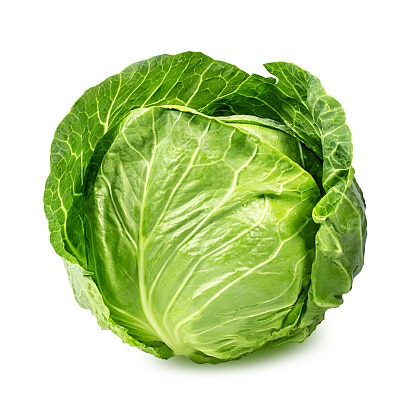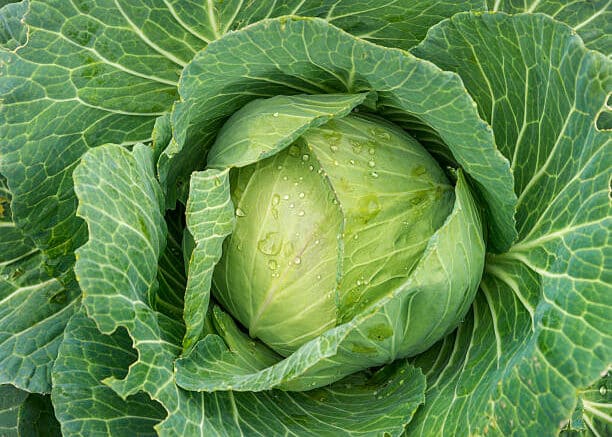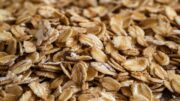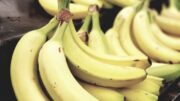Is Cabbage Good for Constipation – Overview
Cabbage is a vegetable that may be grown in cold weather (both the winter and autumn).
The cabbage is a resilient, vitamin-rich green vegetable that contains a lot of essential nutrients required for human health and well-being.
Its leaves can be creased or flat, and it comes in various forms and colors, including red, lavender, white, and green (both light and dark green).
This cabbage has been farmed for centuries all over the globe and is used in a range of recipes such as egg roll bowls, Cabbage Lasagna
What is Constipation?

Is Cabbage Good for Constipation
Constipation is a disease in which a person’s bowel habits are difficult or infrequent.
Constipation is defined as a condition in which bowel habits result in the passage of little amounts of firm, sticky feces less than 3 times a week.
Proper bowel habit, on the other hand, may mean having a bowel movement 3 times every day or 3 times a week, depending on the individual.
The condition is one of the most common complaints encountered by physicians with 5 million people suffering from frequent constipation in the United States.
It results in approximately 3 million medical clinics visits a year
What is the Nutritional Content of Cabbage?
The nutritional benefits of cabbage come from its composition of vitamins, minerals, chemicals, and fibers.
The following table shows the nutritional contents of cabbage per 100g:
| Content | Amount |
|---|---|
| Calories | 25 Kcal |
| Total Fat | 0.1 g |
| Saturated Fat | 0 g |
| Cholesterol | 0 g |
| Sodium | 18 mg |
| Potassium | 170 mg |
| Total Carbohydrate | 6 g |
| Dietary Fiber | 2.5 g |
| Total Protein | 1.3 g |
| Vitamin C | 36.6 mg |
| Calcium | 40 mg |
| Iron | 0.47 mg |
| Vitamin D | 0g |
| Vitamin B6 | 0.124 mg |
| Vitamin B12 | 0g |
| Magnesium | 12 mg |
| Sugar | 3.2 g |
Is Cabbage Good for Constipation?
The constipated patient is usually advised to consume a good quantity of dietary fibers to increase bowel movement and help alleviate constipation.
The cabbage is rich in dietary fibers and contains a large quantity of water, and both of them help greatly in making constipation go away.
Be aware, a very large quantity of cabbage may have the opposite effect and may worsen constipation, therefore, you should consume regular rather than a large quantity of it while you have constipation.
Dietary Advice for Constipation
The following are dietary measures that help to get rid of constipation:
1. Eating Dietary Fibers
You have to eat a good quantity of dietary fibers especially the insoluble fibers that are not digested by humans and remain unchanged throughout the digestive system.
It promotes bowel movement by forming a bulk of fecal contents and preventing the development of constipation. Wholegrain foods, nuts, and carrots are examples of dietary fibers.
2. Drink plenty of Water
The water will help you to get rid of constipation by making the fecal content less stiff and aiding its passage throughout the digestive system. You have to consume 1500 to 2500 ml of water a day.
3. Eating Fruits and vegetables
You have to make your diet rich in fruits and vegetables to decrease the incidence of disordered bowel movements such as constipation. The recommended daily intake of fruits and vegetables is three to six servings a day
4. Eating Foods that Contain Probiotics
Probiotics may help prevent chronic constipation. Studies have shown that people with chronic constipation suffer from bacteria imbalance in their intestines, so it is believed that organisms’ growth-enhancing foods may help to improve this balance and prevent frequent constipation.
To include probiotics in your diet, try to eat foods containing probiotics such as yogurt, and fermented cream, instead, you can try to supplement probiotics and usually be recommended daily for at least 4 weeks.
Non-Dietary Measures for Constipation
There are some measures to follow that help with constipation and include:
1. Do a Regular Exercise
Moderate exercise for approximately 150 minutes each week with a target of at least 30 minutes a day five times a week. Try walking, swimming, or cycling.
2. Respect your habit
If you feel the need to defecate, do not delay as long as the wait is long, the feces become more difficult.
Conclusion
Constipation can not be treated solely with medications. Lifestyle modifications, including a good diet, lead to better outcomes.
Doctors who are managing a child who is constipated need to be more aware of these modifications.
See Also
Is Yogurt Good for Constipation
Is Cucumber Good for Constipation
Is Pineapple Good for Constipation
References
https://www.ncbi.nlm.nih.gov/pmc/articles/




